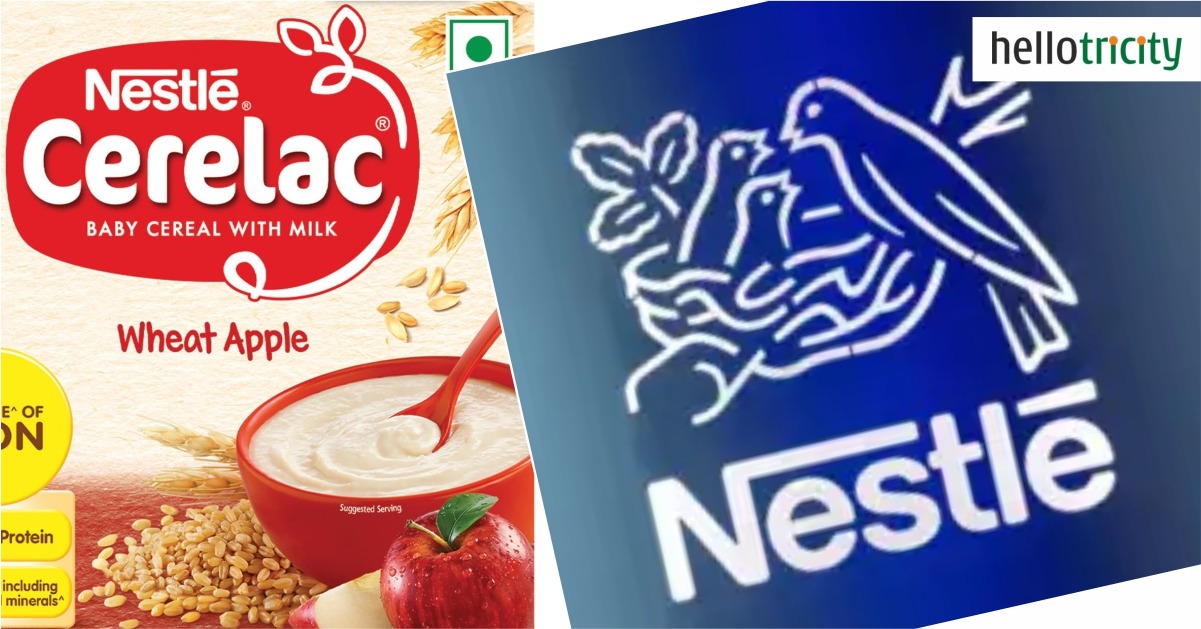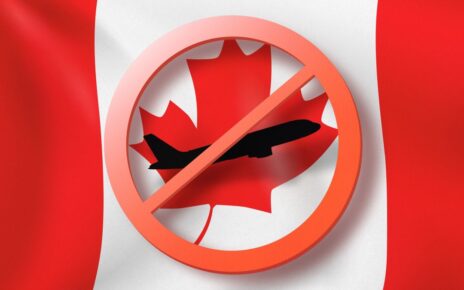Nestle India finds itself in hot water again over its popular baby food Cerelac. Public Eye and IBFAN have filed an official complaint to the Swiss government urging them to sue Nestle for “unethical and unfair business practices” in developing countries.
The crux of the issue lies in Nestle’s alleged “double standards” regarding sugar content in Cerelac. The NGOs claim that Cerelac sold in low- and middle-income countries, including India, contains significantly higher levels of added sugar compared to those marketed in wealthier nations. This practice, they argue, violates World Health Organization (WHO) guidelines and harms the health of infants in developing countries.
Public Eye and IBFAN criticize Nestle’s marketing tactics even further and accuse them of being misleading and aggressive. They say the company employs these strategies which take advantage of weak points in young families’ economics from developing countries that may result in poor child nourishment decisions. To these organisations, stopping said “unethical practices” is important not only for children’s health but also for sustaining Switzerland’s image- Nestle’s native land.
Nestle India, when contacted, acknowledged the ongoing analysis of infant food products by Indian authorities. They reiterated their commitment to adhering to regulations and highlighted a 30% reduction in sugar content within their Indian baby food range over the past five years.
This is not the first time Nestle India has faced scrutiny over Cerelac’s sugar content. In April, following a public outcry, the company’s chairman defended their practices, claiming compliance with Indian food safety norms. He pointed out that the added sugar levels fall within the permissible limits set by the Indian food regulator.
Nestle has a big piece (20%) of the prevailing global baby food industry pegged at close to $70 billion. In specific, Cerelac and Nido are some of the standout baby food labels from this corporate citizen; especially noticeable in nations that fall in the low as well as middle economies bracket because they made over $2.5 billion from sales last year.
Nestle would soon have to find ways to regulate the sugar levels in Cerelac sold in third world countries through various measures as it feels heat from human rights organizations. This opens a window to the world on what the Swiss government or even India are likely to do.




